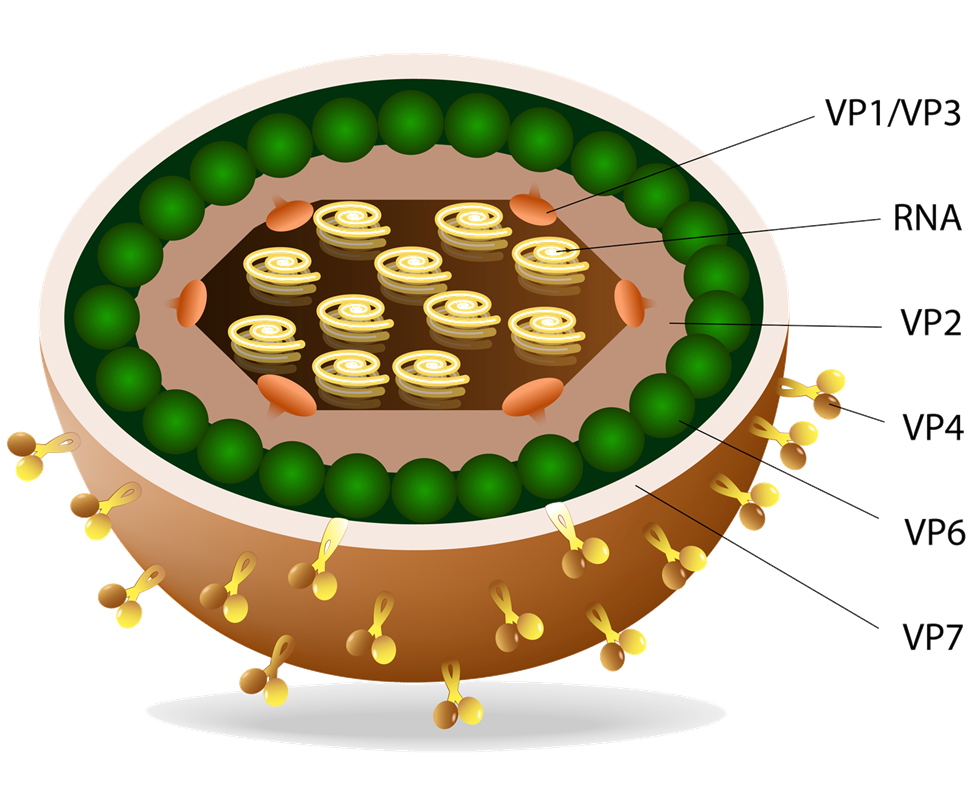The GI system is a chaotic, interconnected network comprising the microbiome, enteric nervous system, musculature, mucosal surfaces, and vessels, among other components. These components collectively contribute to the development and progression of various digestive diseases, such as GERD, celiac disease, inflammatory bowel disease, irritable bowel syndrome, gallstones, and hemorrhoids. Assessing various subfields of gastroenterology, including neurogastroenterology, bile biochemistry, postbiotic metabolism, immunogastroenterology, hormonal imbalances, and the microbiome, is crucial for accurately diagnosing and treating chronic digestive disorders.
As gastrointestinal diseases may present similar symptoms, a thorough assessment of the complex interplay between the different components of the GI tract, from the mouth to the anus, is vital for accurate diagnosis and the selection of the most effective treatment options



